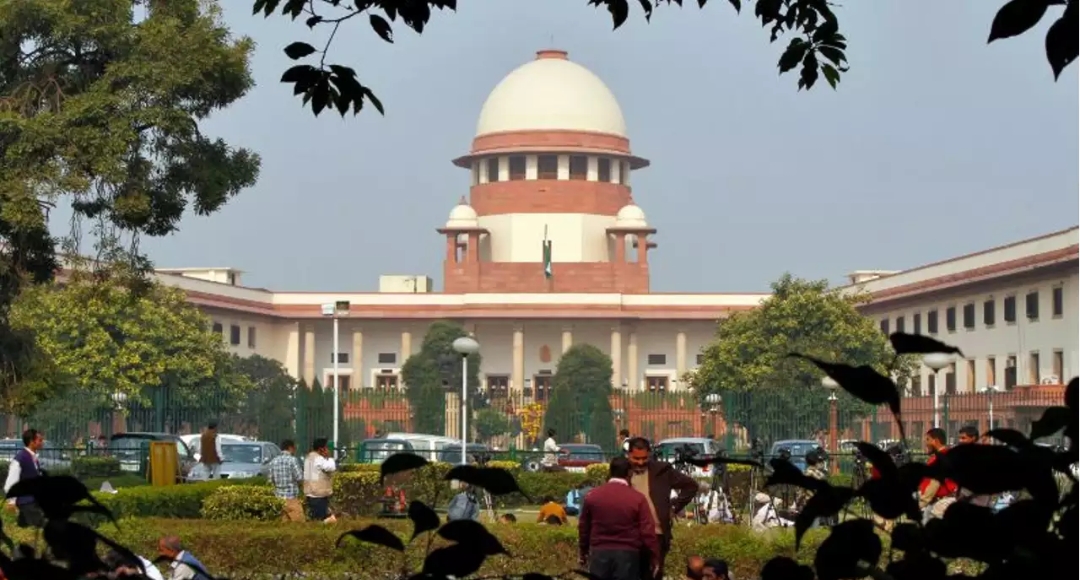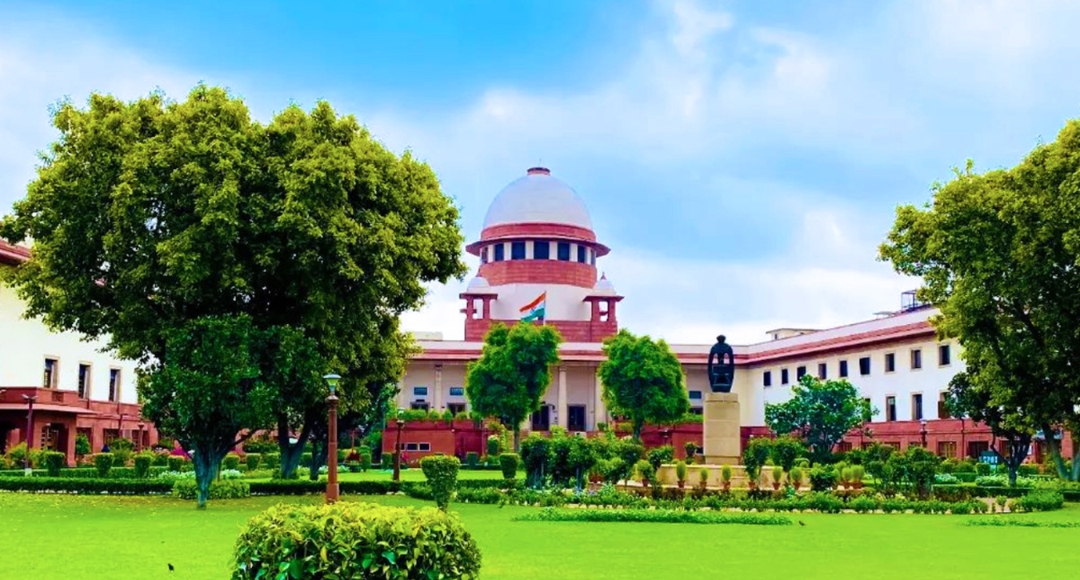In a powerful reminder of the values that shape our democracy, the Supreme Court of India has delivered a significant judgment that reinforces the importance of free speech and fairness in the justice system. On April 8, 2025, the apex court stepped in to protect individual rights, setting aside a controversial order by the Punjab and Haryana High Court that had imposed a hefty fine on political analyst Tehseen Poonawalla for his remarks on Jain monk Tarun Sagar.
A Fine That Raised Questions
Back in 2019, the Punjab and Haryana High Court had ruled that Mr. Poonawalla and music composer Vishal Dadlani must each pay ₹10 lakh if they wanted the FIRs against them to be quashed. The court’s intention was to send a message to society that mocking religious figures would not be tolerated. While the FIRs were quashed, the High Court still imposed the fine as a form of punishment, even though the individuals were technically acquitted.

Supreme Court Clear Stand
The Supreme Court, however, saw things differently. A bench comprising Justices Abhay S. Oka and Ujjal Bhuyan firmly stated that the judiciary’s role is not to impose moral values or punish people for expressing opinions. They questioned the logic behind acquitting someone but still imposing a fine, calling it unnecessary and unjust.
“What kind of order is this?” the judges asked during the hearing. “There was no question of imposing cost. Courts are not supposed to do moral policing.”
Their words struck a chord with many who believe in the constitutional right to freedom of speech. The judgment clearly emphasized that criticism, especially of public figures or ideologies, cannot be curbed under the guise of protecting sentiments. It also reminded everyone that religious tolerance must go hand in hand with democratic freedom.
A Win for Free Expression and Fair Justice
Mr. Poonawalla had moved the Supreme Court against the High Court’s decision, and this latest ruling not only relieves him from the financial burden but also sets a strong precedent for future cases. It draws a clear line between maintaining public order and stifling voices through judicial overreach.

This judgment serves as a beacon of hope for those who fear the misuse of legal authority in matters of personal expression. It reminds us all that Indian courts are guardians of the Constitution, not enforcers of moral codes.
Disclaimer: This article is based on publicly available information for awareness and informational purposes only. It does not intend to offend or target any religion, group, or individual. The aim is to highlight a legal development related to freedom of expression and judicial conduct in India.
Also Read:
Delayed But Not Denied: Supreme Court Revives Claims Under Limitation Law
Evolution and Scope of Administrative Law
Supreme Court Slams Overpriced Lawyers: Justice Must Be Accessible to All






